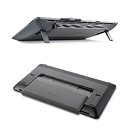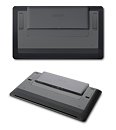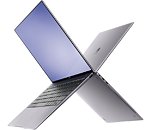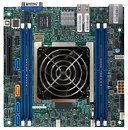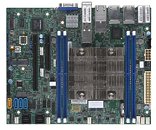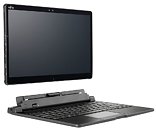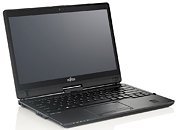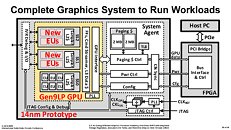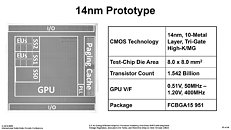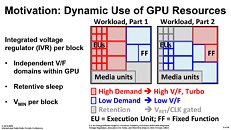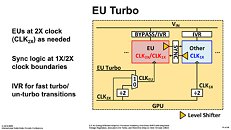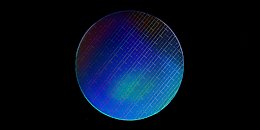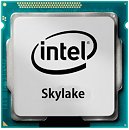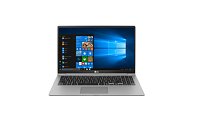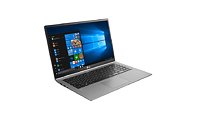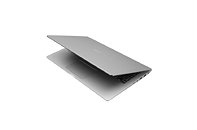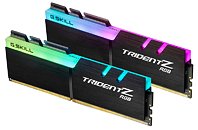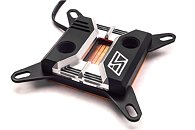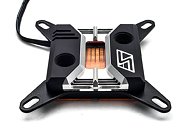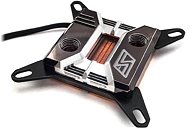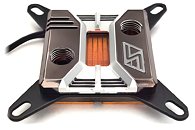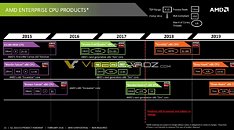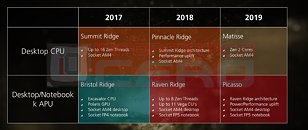Wacom Cintiq Pro Engine Transforms the Cintiq Pro Into a Windows 10 Workstation
Today Wacom announced the Wacom Cintiq Pro Engine, a creative PC module available in two configurations that fully integrates into the Cintiq Pro 24-inch pen display (announced today in a separate release). Designed for professional illustrators, designers, engineers and motion graphics users who require professional computing power and graphics performance, the modular Cintiq Pro Engine slots into the back of the Cintiq Pro 24, eliminating the space, cable clutter and compatibility issues that often result from using external computers and laptops.
"It is our mission to help professionals create with the least amount of distraction and clutter and to give them the power to tackle the new spaces of creating content for AR, VR and MR. The Wacom Cintiq Pro Engine provides a beautiful, easy to use solution for creatives everywhere," said Faik Karaoglu, Executive Vice President of the Creative Business Unit at Wacom.
"It is our mission to help professionals create with the least amount of distraction and clutter and to give them the power to tackle the new spaces of creating content for AR, VR and MR. The Wacom Cintiq Pro Engine provides a beautiful, easy to use solution for creatives everywhere," said Faik Karaoglu, Executive Vice President of the Creative Business Unit at Wacom.
